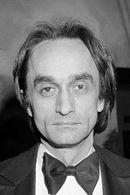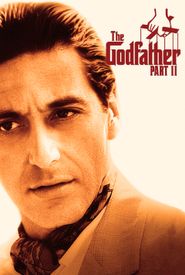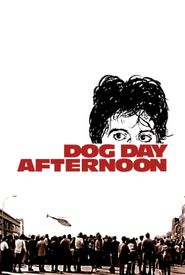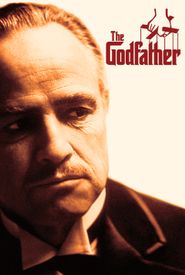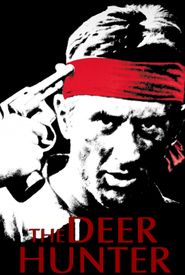John Cazale was born in Boston, Massachusetts, to an Irish-American mother, Cecilia Holland, and an Italian-American father, John Cazale. This marked the beginning of a remarkable journey for the talented actor, who would go on to make only five feature films in his career, all of which would be considered classics by fans and critics alike.
Before his film debut, Cazale had already made a name for himself on the off-Broadway stage, winning Obie Awards for his performances in "The Indian Wants the Bronx" and "The Line". This early success would pave the way for his entry into the world of film.
Cazale's big break came when his long-time friend, Al Pacino, invited him to audition for the role of Fredo Corleone in Francis Ford Coppola's The Godfather (1972). He would go on to reprise this role in The Godfather Part II (1974),where his character's infamous moment in the history of cinema would leave a lasting impact on audiences.
In addition to his work on The Godfather, Cazale also starred alongside Gene Hackman and Harrison Ford in the thriller, The Conversation (1974),playing the role of Stan, Hackman's assistant. Francis Ford Coppola, the director of The Godfather, also directed this film.
Cazale's fourth feature film, Dog Day Afternoon (1975),earned him a Golden Globe nomination for Best Supporting Actor for his portrayal of Sal, a bank robber. His long-time friend and Godfather costar, Al Pacino, played his partner, Sonny.
Cazale's final film, The Deer Hunter (1978),was filmed while he was ill with cancer. During the production of this film, controversy arose when the studio discovered his condition and wanted him removed from the project. However, his costar and girlfriend, Meryl Streep, threatened to quit if he was fired, and Cazale ultimately completed his scenes before passing away shortly after filming was completed.
Throughout his career, John Cazale was known for his close relationships with his co-stars, including Al Pacino and Meryl Streep, with whom he met while appearing in the New York Public Theater's 1976 production of Shakespeare's Measure for Measure. Despite his relatively short career, Cazale left a lasting impact on the world of film, and his legacy continues to be celebrated by fans and critics alike.
